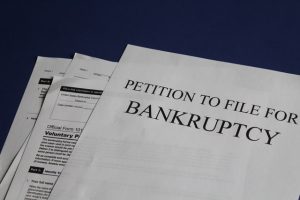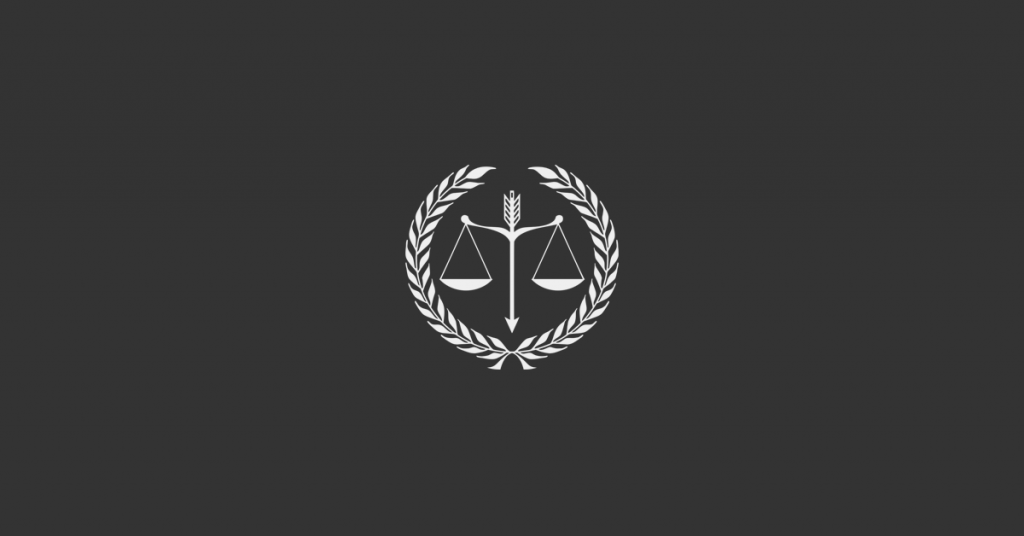How Condominium Ownership Works
The owner of a condominium receives a deed conveying a single unit in a building or series of buildings. A unit owner also acquires an interest in the common property of the building or complex. Such features as clubhouses, swimming pools, lawns, sidewalks, parking lots, and roadways are examples of common areas. An individual unit owner has title to the interior walls and from floor to ceiling, with other non-unit parts of the building structure designated as a common area.
The function of the Condominium Association
A condominium association representing the individual unit owners manages the property and is responsible for maintaining the common areas. Unit owners vote to elect a board of directors to manage the association and prepare an annual budget to finance the activities of the condominium association. The association’s revenues come from annual assessments imposed upon unit owners and paid as monthly common charges by each owner.

The bankruptcy of the Condominium Association
Condominium associations rarely file for bankruptcy because state laws strictly regulate and impose government oversight upon the formation, operation, and management practices of condominium associations and their boards of directors. Economically struggling unit owners who pay their common charges, gross mismanagement by the board of directors or internal theft could leave a condominium association unable to meet its financial obligations to creditors.
When condominium associations file for bankruptcy, they usually file for reorganization under Chapter 11 of the United States Code. Reorganization allows an association to restructure its debt under the protection of an automatic stay that halts collection proceedings during bankruptcy. A condominium association in Chapter 11 has:
-
- The opportunity to negotiate with its creditors
- To cancel or renegotiate leases and contracts
- Prevent the seizure of bank accounts by creditors holding judgments
What Would Happen if the US Treasury Goes Bankrupt?
Impact of Bankruptcy Condominium Complex and Owners
Fortunately, the bankruptcy of the condominium association usually has little impact on the owners of the units or the complex. Most associations continue their management duties as a debtor in possession under Chapter 11 under the supervision of the bankruptcy court and the bankruptcy trustee appointed by the court to oversee the case.
Because title to the real property of the condominium complex is held by individual unit owners who also each own a percentage of the common areas, the loss of the real property to the bankruptcy court or to creditors is not a risk.
